A Commitment to Serve Our Community
Cancer doesn’t discriminate and neither do we. Ann’s Place has always been the quiet friend by your side when you hurt the most, providing hope, love and support to anyone who is undergoing a cancer journey. We know that when cancer strikes, it affects the entire family, not just the person with cancer.
Racism and oppression based on gender, religion, nationality, ethnicity, ability, class, sexual orientation, and gender identity are like cancers in our society. They diminish and destroy lives, divide our communities, and damage the health of our country and world. As we fulfill our mission to support those battling cancer, we recognize the added burdens faced by those who are the targets of injustice and discrimination and who are financially vulnerable.
As an agency, we are committed to making Ann's Place an oasis of safety, comfort, and support for all facing cancer and their loved ones, regardless of identity. We pledge to support measures that will make our services more accessible to those who are overlooked and underserved in our community. Furthermore, we will work to educate those who provide services at Ann's Place -- including staff, board, and volunteers -- on how to engage our clients and our community with sensitivity, awareness, and knowledge of our diverse backgrounds.
We Strive To Improve Access to Care
Ann’s Place stands with our clients of color who struggle to receive the same level of care as their white peers. Research shows that despite progress, we need to continue to improve education and access to care for our most vulnerable communities.
According to the American Cancer Society, breast cancer is the most common cancer among Black women. Black women under 35 are 2 times more likely to be diagnosed with breast cancer as compared to their White peers. They die at three times the rate.
Cancer death rates are higher among people with lower Socioeconomic Status (SES), measured in terms of income, education and/or health insurance status, compared to people with higher SES. People living in a lower SES historically had less access to screening tests and are less likely to be up-to-date on cancer screening than white and high-income patients. As a result, these people have a higher likelihood of developing cancer often at a late stage of the disease. They are also less likely to receive the same standard of care, and are more likely to have lower rates of survival (Cancer Facts & Figures, 2022).
Hispanic men and women continue to be the least likely to have health insurance of any major racial or ethnic group. Among those 18 to 64 years of age, 26% of Hispanic individuals were uninsured during 2017-2018 compared to 9% of non-Hispanic Whites (American Cancer Society)


